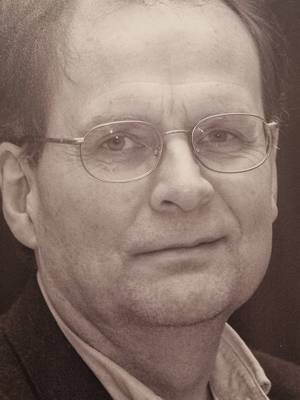This workshop will be held at PRIO 30-31 may 2008
It brings together scholars studying the post-Yugoslav region and is conceived as a continuation of previous work on civic and uncivic values in south-eastern Europe. The aim of the workshop is to publish the papers in an edited volume
Background
When communism collapsed across Central and Eastern Europe in 1989—90, local elites embraced the challenge of guiding their systems toward some form of pluralism. In the Yugoslav region, the aspiration to transform the system in the direction of political pluralism and free enterprise was rendered more complex by the outbreak of war in 1991. In the course of nearly a decade of fighting, private capital was diverted into the hands of local mafias and criminal gangs (a problem especially in Serbia, Macedonia, Bosnia-Herzegovina, and later also Kosovo), nationalism became an essential part of the educational system in Serbia, Croatia, and Bosnia-Herzegovina, the media became the vehicles for a proliferation of negative ethnic stereotypes in these same republics, and interethnic tolerance frequently became a casualty of the war.
If liberal democracy is to succeed in the region, the establishment of a liberal political culture, with clear civic values, is critical to the enterprise. Yet for more than 40 years, the Yugoslav communists propounded a specific set of values which, even today, have left a variety of legacies, including tendencies to look to the state to solve economic problems, to polarize along the religious divide (clerical vs. anti-clerical), and to expect the state to fund the cultural needs or wants of ethnic minorities. The decade of warfare in the region (1991—now) has also made a contribution to values, above all by effecting an equation between loyalty to one’s own nation and hatred of other nations. This problem is manifested to a greater or lesser extent throughout the post-Yugoslav region, including in Serbia.
To the extent that values may be treated as a policy problem in their own right, the question arises as to what role have changes in education (including the rewriting of textbooks) and in the media played in transforming values, to what extent have specific interested parties, such as Churches and women’s organizations, entered into the policy debate, and to what extent has the given government embraced an articulate and strategically elaborated program designed to effect certain changes in values? To the extent that there is a debate about values in the given society, who are the principal participants, and what are their arguments?









